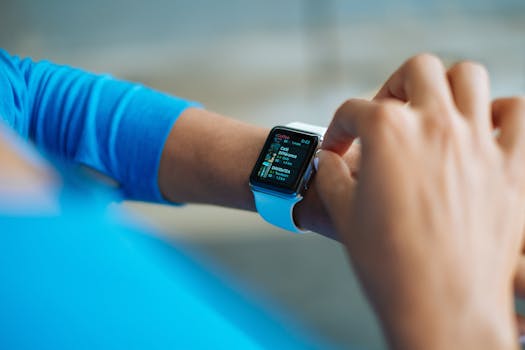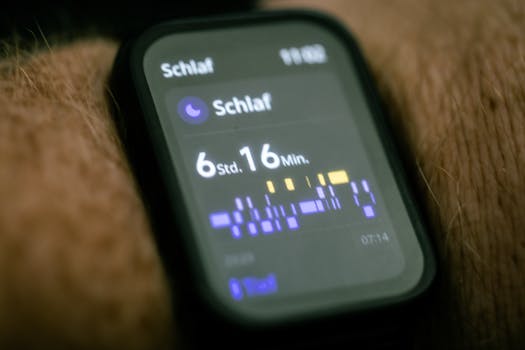
The Future of Health Tech: Wearables and Gadgets in 2025
The Future of Health Tech: Wearables and Gadgets in 2025 is an exciting and rapidly evolving field that is transforming the way we approach healthcare. With the increasing use of wearable devices and gadgets, individuals are now able to take a more proactive approach to monitoring their health and wellbeing.
Introduction to Health Tech

Health tech, short for health technology, refers to the use of technology to improve healthcare outcomes. This can include a wide range of products and services, from electronic health records (EHRs) to mobile health apps. In recent years, there has been a significant increase in the development and use of wearables and gadgets in the health tech space.
These devices are designed to track various aspects of an individual’s health, such as physical activity, sleep patterns, and vital signs. They can also provide personalized recommendations and insights to help individuals make informed decisions about their health.
Types of Wearables and Gadgets

There are many different types of wearables and gadgets available in the market, each with its own unique features and functions. Some of the most popular include:
- Smartwatches: These devices can track physical activity, heart rate, and other vital signs, and can also provide notifications and control music playback.
- Fitbits: These devices are designed specifically for tracking physical activity and can track steps taken, distance traveled, and calories burned.
- Activity trackers: These devices can track a wide range of activities, including running, swimming, and cycling, and can provide detailed analytics and insights.
- Smart clothing: This includes clothing with integrated sensors that can track physical activity, body temperature, and other vital signs.
- Implantable devices: These devices are implanted under the skin and can track a wide range of health metrics, including blood pressure, blood glucose levels, and heart rate.
Benefits of Wearables and Gadgets

The use of wearables and gadgets in healthcare has numerous benefits, including:
- Improved health outcomes: By tracking health metrics and providing personalized recommendations, wearables and gadgets can help individuals make informed decisions about their health and improve health outcomes.
- Increased patient engagement: Wearables and gadgets can empower individuals to take a more proactive approach to their healthcare, leading to increased patient engagement and improved health outcomes.
- Enhanced convenience: Wearables and gadgets can provide individuals with convenient access to health information and services, making it easier to manage healthcare needs.
- Reduced costs: Wearables and gadgets can help reduce healthcare costs by reducing the need for hospitalizations, improving disease management, and enhancing preventive care.
Future of Health Tech

The future of health tech is exciting and rapidly evolving. Some of the trends and advancements that are expected to shape the future of health tech include:
- Artificial intelligence (AI) and machine learning (ML): AI and ML are expected to play a major role in the development of health tech, enabling the creation of more sophisticated and personalized health systems.
- Internet of Medical Things (IoMT): The IoMT refers to the network of medical devices and sensors that are connected to the internet, enabling real-time monitoring and analytics.
- 5G networks: The advent of 5G networks is expected to enable faster and more reliable data transfer, enabling the widespread adoption of health tech.
- Personalized medicine: The use of wearables and gadgets is expected to enable personalized medicine, where healthcare is tailored to an individual’s unique needs and characteristics.
Conclusion

In conclusion, the future of health tech is exciting and rapidly evolving. Wearables and gadgets are playing a major role in this evolution, enabling individuals to take a more proactive approach to their healthcare. As the field continues to advance, we can expect to see even more sophisticated and personalized health systems, enabled by technologies such as AI, IoMT, and 5G networks. Whether you’re a healthcare professional or simply an individual looking to take control of your health, the future of health tech has something to offer.



